What is sustainability and why does it matter?
By Rasna Prakash, President, DA Parents Association
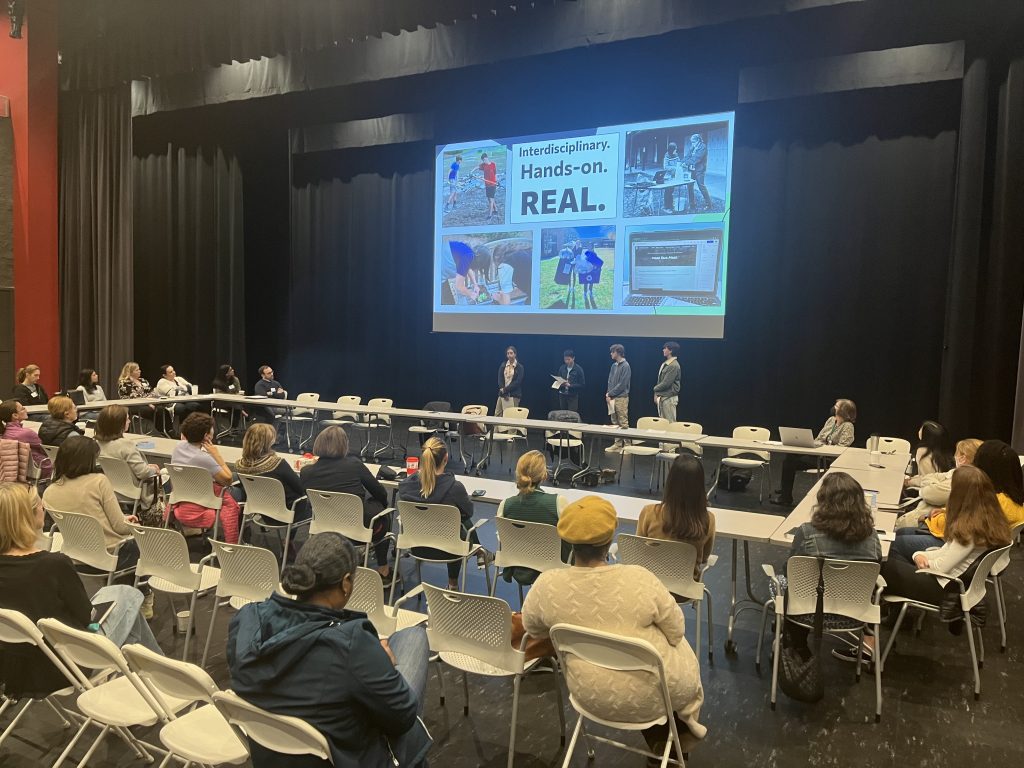
The DA Parents Association was fortunate to hear from the Upper School sustainability students at our December meeting. Thomas Pollard ’24, Cana Yao ’26, Miller Roessler ’24 and Amelia Fay ’25 provided information to parents and caregivers about the opportunities for education in the sustainability arena. We were especially excited to hear about the cross divisional efforts with Upper School students visiting the lower and preschool to provide presentations about sustainability to our youngest students. It was wonderful to hear about activities in all divisions including
- composting efforts in the Preschool and Lower School
- community gardening
- an almost zero waste to landfill Unity Day in the Lower school
- waste management initiatives and the rain garden in the Middle School
- Upper School students working with Green Places (a Raleigh carbon accounting firm)
- a student study of the impact of idling engines on air quality
Ann Leininger, DAPA’s Sustainability Chair and liaison, has been instrumental in bringing information and guidance provided by the students to our group. She made us aware that we were all invited to a December 19 “big reveal” of DA’s carbon footprint and student presentations that would point the way to reducing it. Several of us accepted that invitation and attended the presentation (more info about it can be found in this post). DAPA is committed to and excited about supporting DA’s effort to “go greener”!

 eport before the end of the semester. At first we were very daunted, but we jumped right in.
eport before the end of the semester. At first we were very daunted, but we jumped right in. 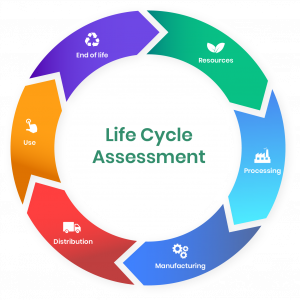 Everything you interact with on a daily basis has a carbon footprint. While you might think of a carbon footprint as a direct product of environmental costs. For example, even just buying a bag of chips can lead to a lot of questions: how were the ingredients sourced? How was the plastic bag made? How and where were the chips cooked and packaged? What did the transportation process look like? Where will the bag end up after the chips are eaten?
Everything you interact with on a daily basis has a carbon footprint. While you might think of a carbon footprint as a direct product of environmental costs. For example, even just buying a bag of chips can lead to a lot of questions: how were the ingredients sourced? How was the plastic bag made? How and where were the chips cooked and packaged? What did the transportation process look like? Where will the bag end up after the chips are eaten? 
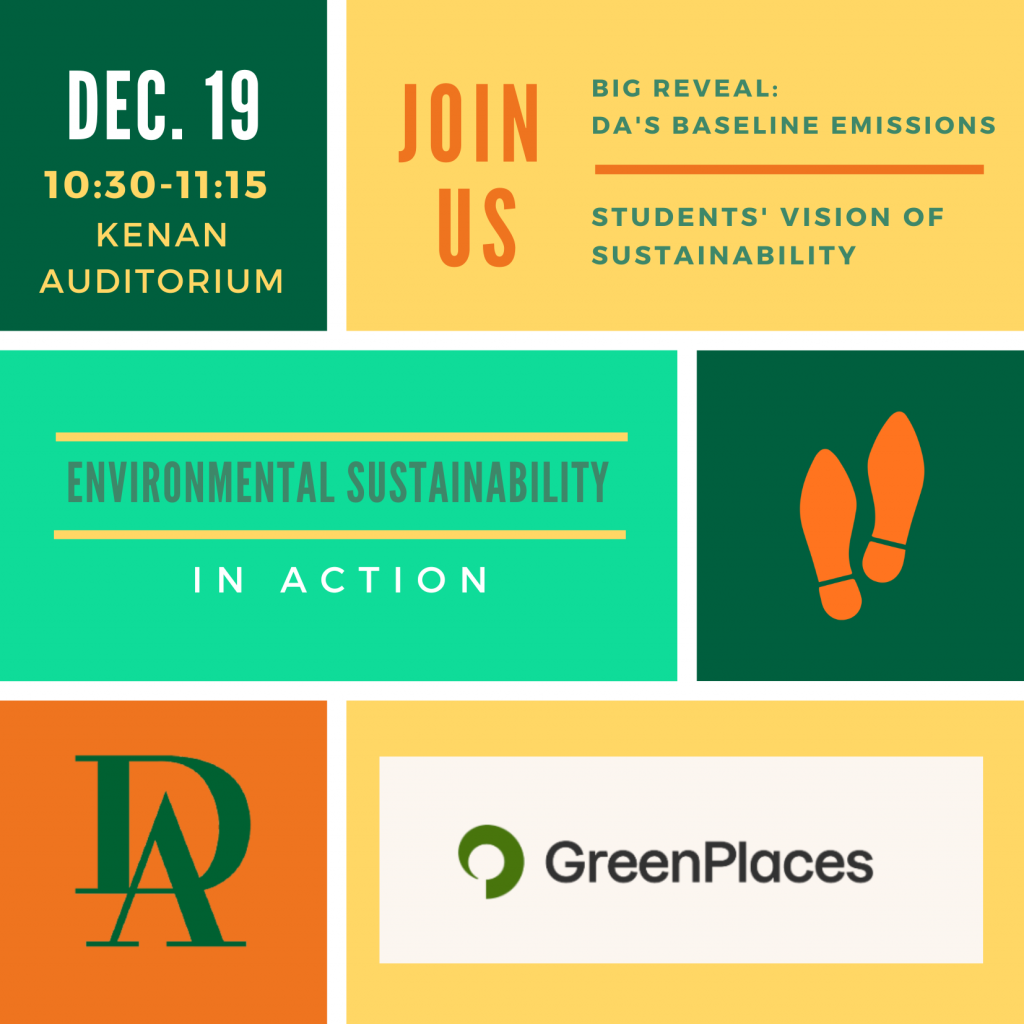
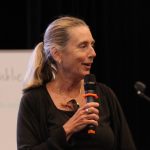
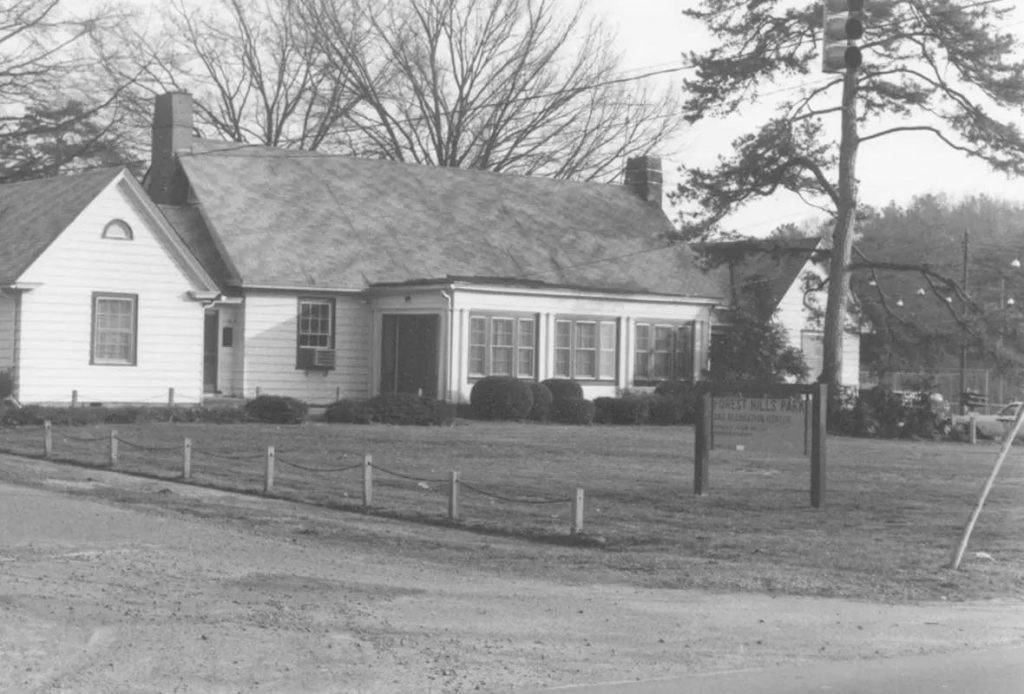
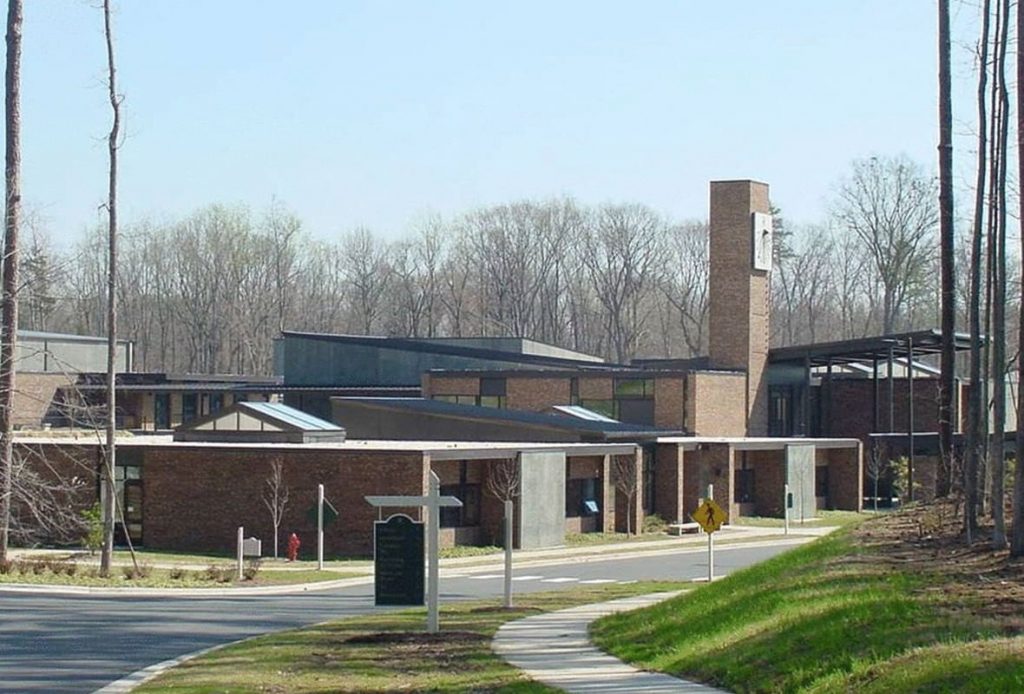
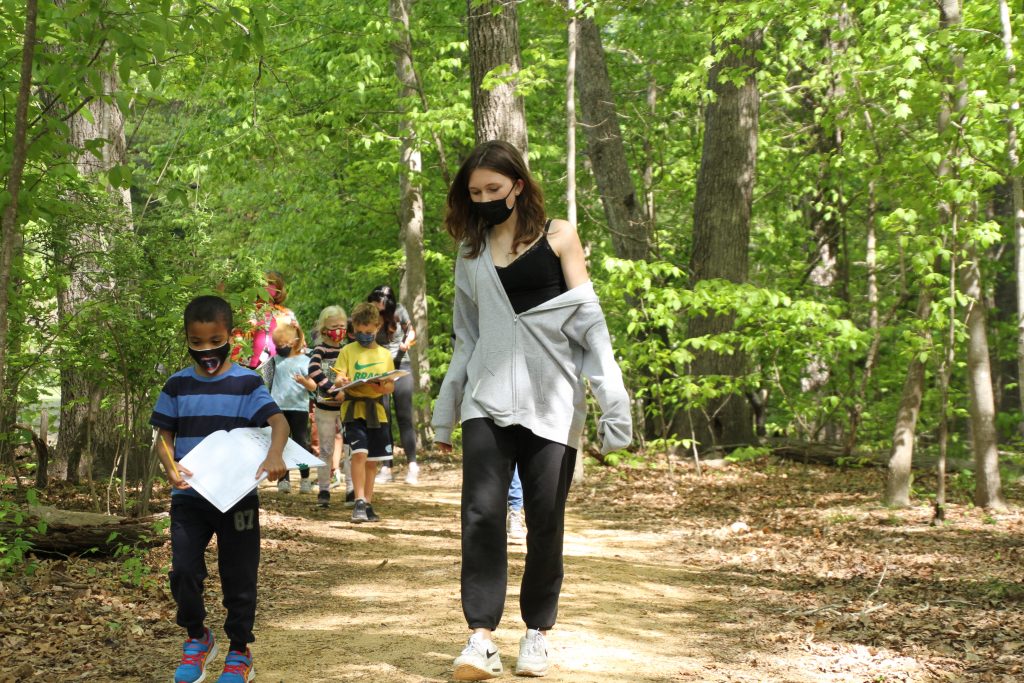
 The Sustainability Club Members then split up and went with individual kindergarten classes back to their rooms. Each class played a fun and engaging game in which the composting bucket, recycling basket, or trash can were placed in different corners of the room. Kindergarteners were assigned to be banana peels, napkins, candy wrappers, and other items. They had to decide on the proper receptacle and move to that corner of the room. It was a wonderful and educational time!
The Sustainability Club Members then split up and went with individual kindergarten classes back to their rooms. Each class played a fun and engaging game in which the composting bucket, recycling basket, or trash can were placed in different corners of the room. Kindergarteners were assigned to be banana peels, napkins, candy wrappers, and other items. They had to decide on the proper receptacle and move to that corner of the room. It was a wonderful and educational time!